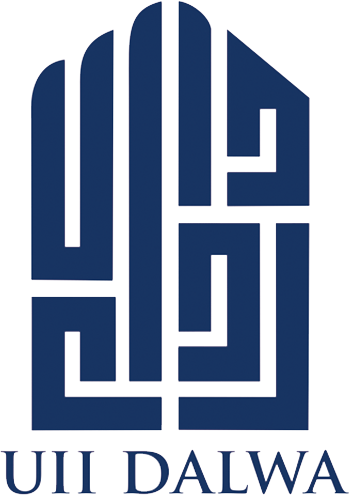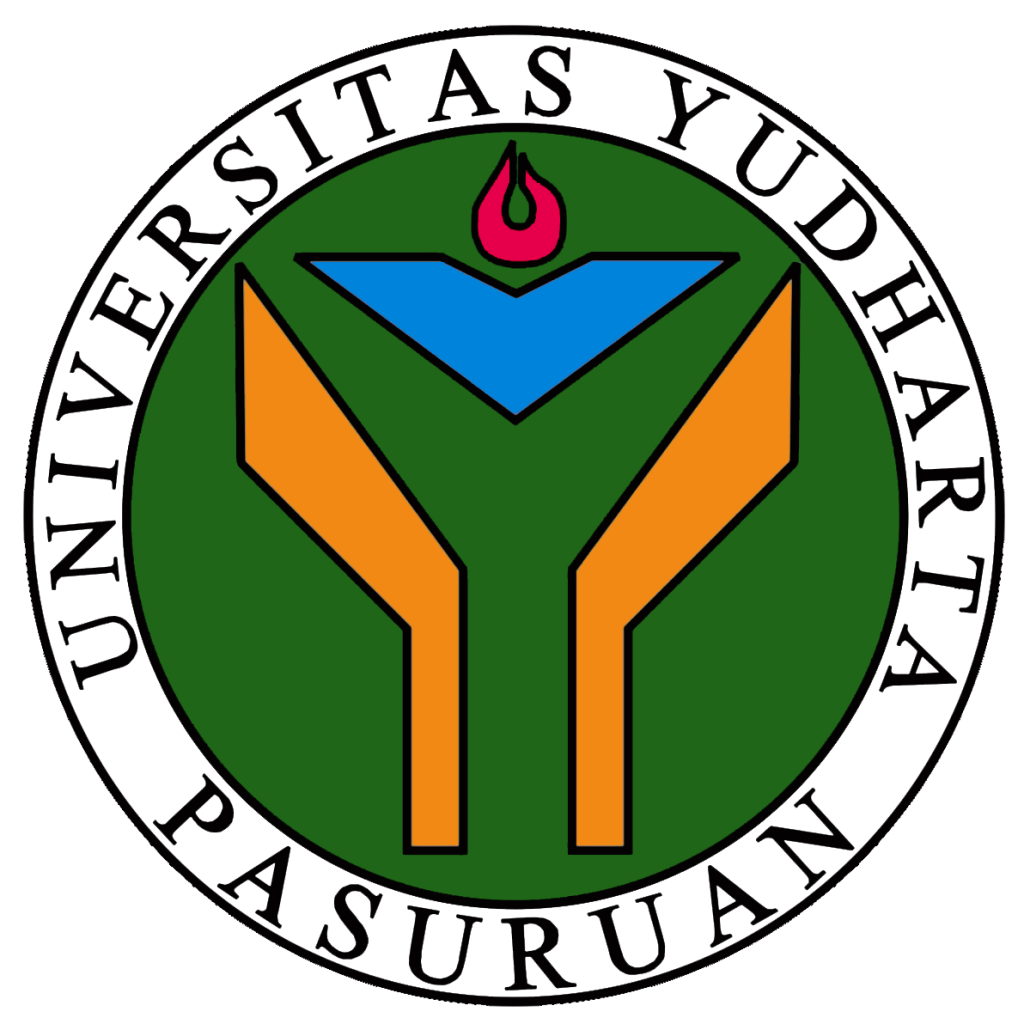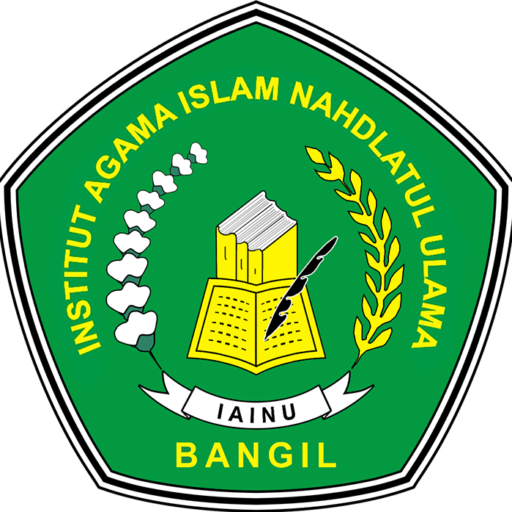Harmony of Islamic Education with Halal Ecotourism Insight and Local Cultural Wisdom
Keywords:
Islamic Education, Halal Ecotourism, Local WisdomAbstract
This study will examine the harmony of Islamic education with a halal ecotourism perspective and local wisdom. This study is important to do because in fact halal ecotourism and local cultural wisdom that grow and develop in rural areas are rich in Islamic educational values. If the wealth of these treasures is managed well, it can be part of strengthening Islamic Education through halal ecotourism activities and local cultural wisdom values. This research uses a literature review approach by reviewing various recent scientific journals and is open access. This research concludes that halal ecotourism with a harmonious Islamic education perspective can utilize nature by aligning it with Islamic educational values and culture for conservation, tourism and education purposes and can even be utilized for the welfare of the surrounding community.
References
Abdussamad, Zuchri. “Buku Metode Penelitian Kualitatif.” OSF Preprints, January 11, 2022. https://doi.org/10.31219/osf.io/juwxn.
Dr, M Musta’in, Si, Pd, Mm, Nasib Nasib, Muhammad in, et al. EKONOMI KREATIF BERBASIS DIGITAL DAN KEMANDIRIAN MASYARAKAT ERA SOCIETY 5.0, 2022.
Duffy, Rosaleen. A Trip Too Far: Ecotourism, Politics, and Exploitation. London ; Sterling, VA: Earthscan, 2002.
Hafidz, Jawade. “EKOLOGI KONSTITUSIONAL (GREEN CONSTUTIONAL) DAN KEDAULATAN WILAYAH DI INDONESIA.” Jurnal Hukum 26, no. 2 (November 28, 2019): 533–49. http://lppm-unissula.com/jurnal.unissula.ac.id/index.php/jurnalhukum/article/view/208.
Howkins, John. The Creative Economy: How People Make Money from Ideas. Reprinted with updated material. London: Penguin Books, 2007.
Marlinah, Lili. “Meningkatkan Ketahanan Ekonomi Nasional Melalui Pengembangan Ekonomi Kreatif.” Cakrawala : Jurnal Humaniora Bina Sarana Informatika 17, no. 2 (November 27, 2017): 258–65. https://doi.org/10.31294/jc.v17i2.2488.
Nasution, R Hendrik, Ricky Avenzora, and Dan Tutut Sunarminto. “ANALISIS KEBIJAKAN DAN PERATURAN PERUNDANG-UNDANGAN EKOWISATA DI INDONESIA” 23, no. 1 (n.d.).
Nugroho, Ari Cahyo. “TEORI UTAMA SOSIOLOGI KOMUNIKASI (FUNGSIONALISME STRUKTURAL, TEORI KONFLIK, INTERAKSI SIMBOLIK).” Majalah Semi Ilmiah Populer Komunikasi Massa 2, no. 2 (December 3, 2021). https://jurnal.kominfo.go.id/index.php/mkm/article/view/4525.
Perdana, Putra, and Anisa Fitria Utami. “STUDI KOMPARATIF EKONOMI KREATIF DI DUNIA.” Ar Rehla: Journal of Islamic Tourism, Halal Food, Islamic Traveling, and Creative Economy 2, no. 1 (April 26, 2022): 72–91. https://doi.org/10.21274/ar-rehla.v2i1.5510.
“Potensi Pengembangan Tradisi Etnobotani Sebagai Ekowisata Berkelanjutan: Studi Kasus Suku Mentawai Di Pulau Siberut, Kepulauan Mentawai | Pro-Life.” Accessed December 9, 2019. http://ejournal.uki.ac.id/index.php/prolife/article/view/393.
Purnomo, Agustina Multi. “PEMBERDAYAAN SOSIAL DALAM PENGEMBANGAN EKOWISATA DI PEKON KILUAN NEGRI, KABUPATEN TANGGAMUS, PROVINSI LAMPUNG.” SINGULARITY: Jurnal Desain Dan Industri Kreatif 1, no. 1 (November 12, 2020): 1–12. https://doi.org/10.31326/jsing.v1i1.741.
Sofiah, Sofiah. “Rekonstruksi Ekowisata Dan Pemberdayaan Ekonomi Masyarakat Melalui Halal Tourism.” Proceedings of Annual Conference for Muslim Scholars 6, no. 1 (April 15, 2022): 632–41. https://doi.org/10.36835/ancoms.v6i1.349.
Tri Haryanti, and Sujatmiko. Kamus Sosiolog. Surakarta: Aksarra Sinergi Media, 2022.
Downloads
Published
Issue
Section
License
Copyright (c) 2024 Asep Rahmatullah

This work is licensed under a Creative Commons Attribution-ShareAlike 4.0 International License.



